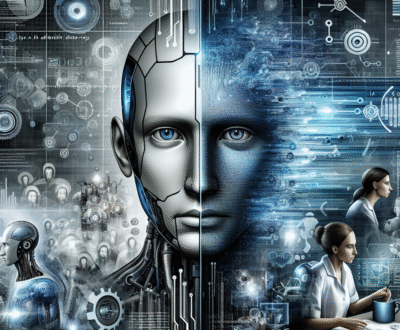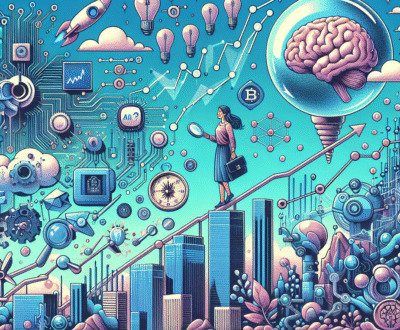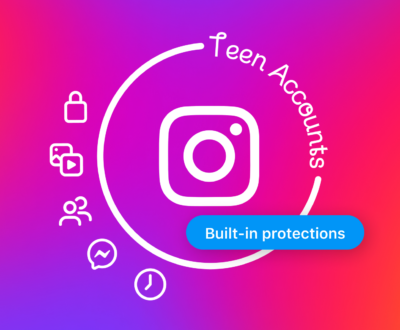Artificial Intelligence (AI) is transforming the workplace at an unprecedented speed. From crunching data to drafting emails, AI tools like ChatGPT and Salesforce Einstein are quickly becoming indispensable. Yet, according to recent Salesforce research, a surprising number of employees are experiencing guilt and uncertainty about using AI at work—despite its proven productivity gains.
In this blog post, we’ll dive into why workers are feeling conflicted about AI, what companies can do to foster confident AI adoption, and how to navigate the ethical implications of this powerful technology.
Related Keywords: artificial intelligence adoption in the workplace, employee guilt AI tools, AI workplace ethics, Salesforce research AI, responsible AI use, future of work and AI, AI change management.
Why Are Workers Feeling Guilty About Using AI?
A Paradox of Productivity and Guilt
Salesforce's newly released survey highlights that although 61% of workers are using or plan to use generative AI, nearly two in five of them feel guilty about it. This guilt stems from a perceived fear of cheating, job displacement anxieties, and cultural or organizational pushback toward this new technology.
Key Reasons for AI Guilt:
- Lack of Clarity – Employees often aren’t sure when AI use is appropriate or disclosed, leading to internal conflict.
- Fear of Judgment – Workplace cultures that emphasize “hard work” may silently discourage AI use, equating it with laziness or cutting corners.
- Job Security Concerns – Many workers worry that embracing AI signals their own replaceability.
“Employees are embracing generative AI to boost productivity, but many feel conflicted. Organizations must proactively guide and educate their teams.” – Salesforce
How Companies Can Encourage Responsible and Confident AI Use
Create a Culture of Transparency and Trust
To eliminate guilt and foster innovation, companies need to establish clear AI usage policies. Employees should know that leveraging AI to drive efficiency is not only acceptable but encouraged.
Strategies to Build AI Confidence in the Workplace:
- Set Clear Guidelines – Provide defined usage frameworks for AI-driven tasks—what’s allowed, what’s not, and when disclosure is required.
- Offer Training Programs – Equip employees with the skills and ethical understanding to use AI responsibly.
- Encourage Open Dialogue – Create forums or channels where employees can share AI use cases, concerns, and best practices.
- Celebrate AI Wins – Recognize teams and individuals using AI effectively to create a positive internal narrative.
Balancing Innovation and Ethics in the Age of AI
Understanding Ethical Considerations
AI tools, especially generative AI, bring up important ethical questions, including data integrity, authorship, and bias mitigation. Ignoring these concerns can foster mistrust and further guilt among your workforce.
Steps Toward Ethical AI Implementation:
- Adopt AI governance frameworks aligned with industry standards.
- Conduct regular audits on how AI is used within teams.
- Ensure AI tools are integrated in a way that augments, not replaces, human intelligence.
The Role of Leadership
Leadership plays a pivotal role in shaping perception. When managers openly use AI and communicate its benefits, employees are more likely to follow suit without hesitation. Leaders must exemplify balanced, ethical AI use to normalize it across levels of the organization.
The Future of Work: Embracing AI Without Shame
A New Era of Collaboration—Human + AI
The bottom line? AI isn’t about replacing jobs; it’s about reshaping them. When used thoughtfully, AI enhances human potential by automating routine tasks, freeing up time for creativity and strategic thinking.
Benefits of Responsible AI Use:
- Faster decision-making with real-time data analysis.
- Fewer errors in administrative or repetitive activities.
- A more empowered, agile workforce ready for tomorrow.
By shifting the narrative from guilt to growth, organizations can turn AI into a catalyst for morale—not a moral dilemma.
About Us and This Blog
We are an AI Solutions company with a focus on helping our customers achieve great business results through integrating AI Agents and Assistants into their systems.
Request a Free Quote
We offer advanced AI solutions that help businesses streamline workflows, enhance customer engagement, and accelerate digital growth. From intelligent agents to workflow automation and decision intelligence, ScoriLab empowers organizations to stay competitive and scale efficiently.










